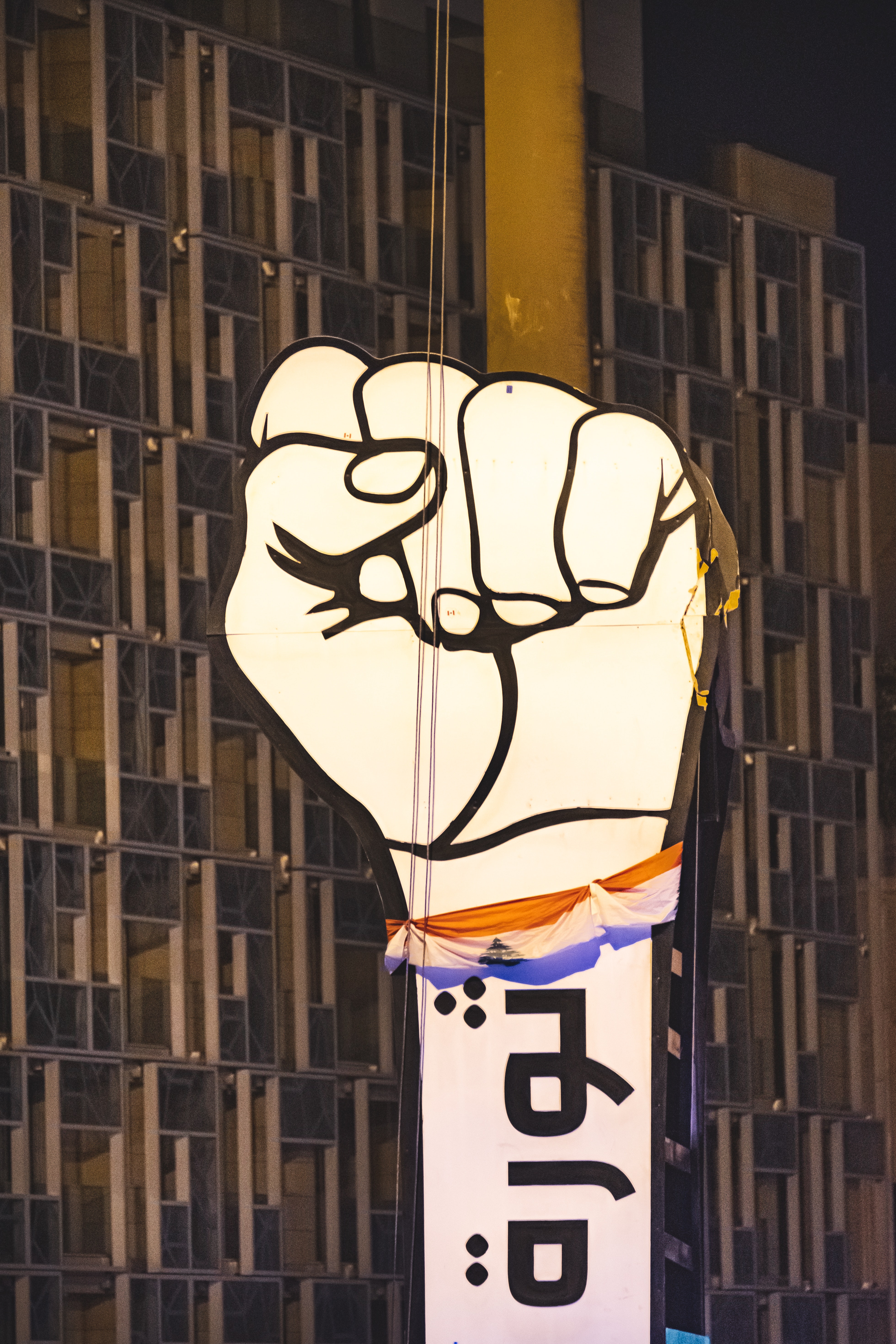 Catalog Description
Catalog Description
This course examines theories of peace and conflict resolution in the international system. Students will assess the challenges to conflict resolution, international cooperation, and peace as well as the means through which states and non-state actors overcome those challenges. Students will critically evaluate theories of conflict resolution and peace, while learning to apply those theories to current events.
What to expect
This considers different conceptions of peace, approaches to negotiations and bargaining, as well as nonviolent action and protest. Students will study a variety of source including academic journal articles, news sources, and primary source materials such as Dr. Martin Luther King, Jr's "Letter from a Birmingham Jail." Students will evaluate when and how nonviolent action can achieve political goals - as well as what does and doesn't constitute nonviolent action. Students will also encounter case examples from a variety of contexts (recent examples include the American civil rights movement, the global movement to stop climate change, and movements or peace processes from Mexico, Kazakhstan, Colombia, Afghanistan, Somalia, and Niger). Students will participate in hands on simulations to supplement and reinforce concepts from lecture and readings.
